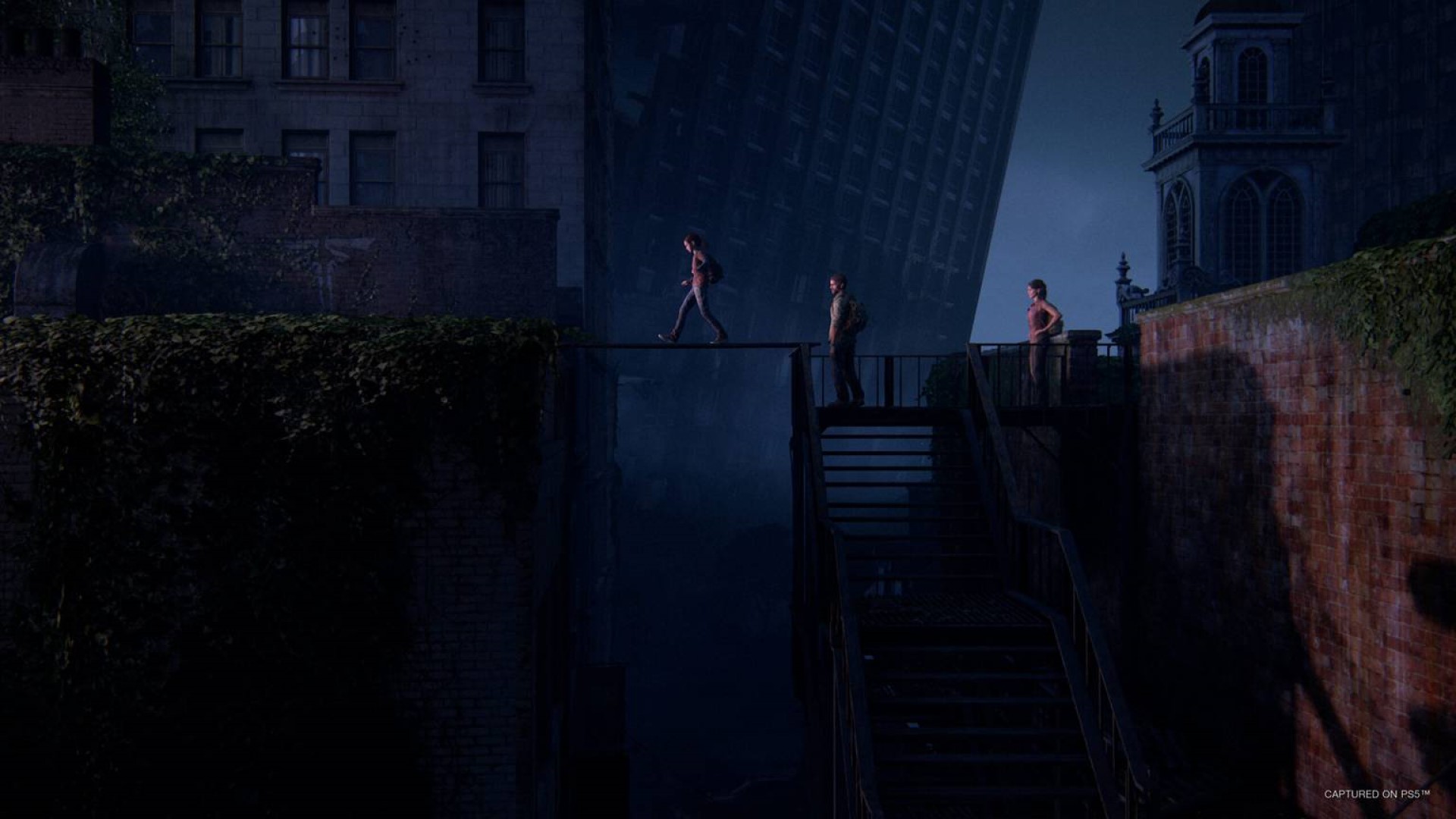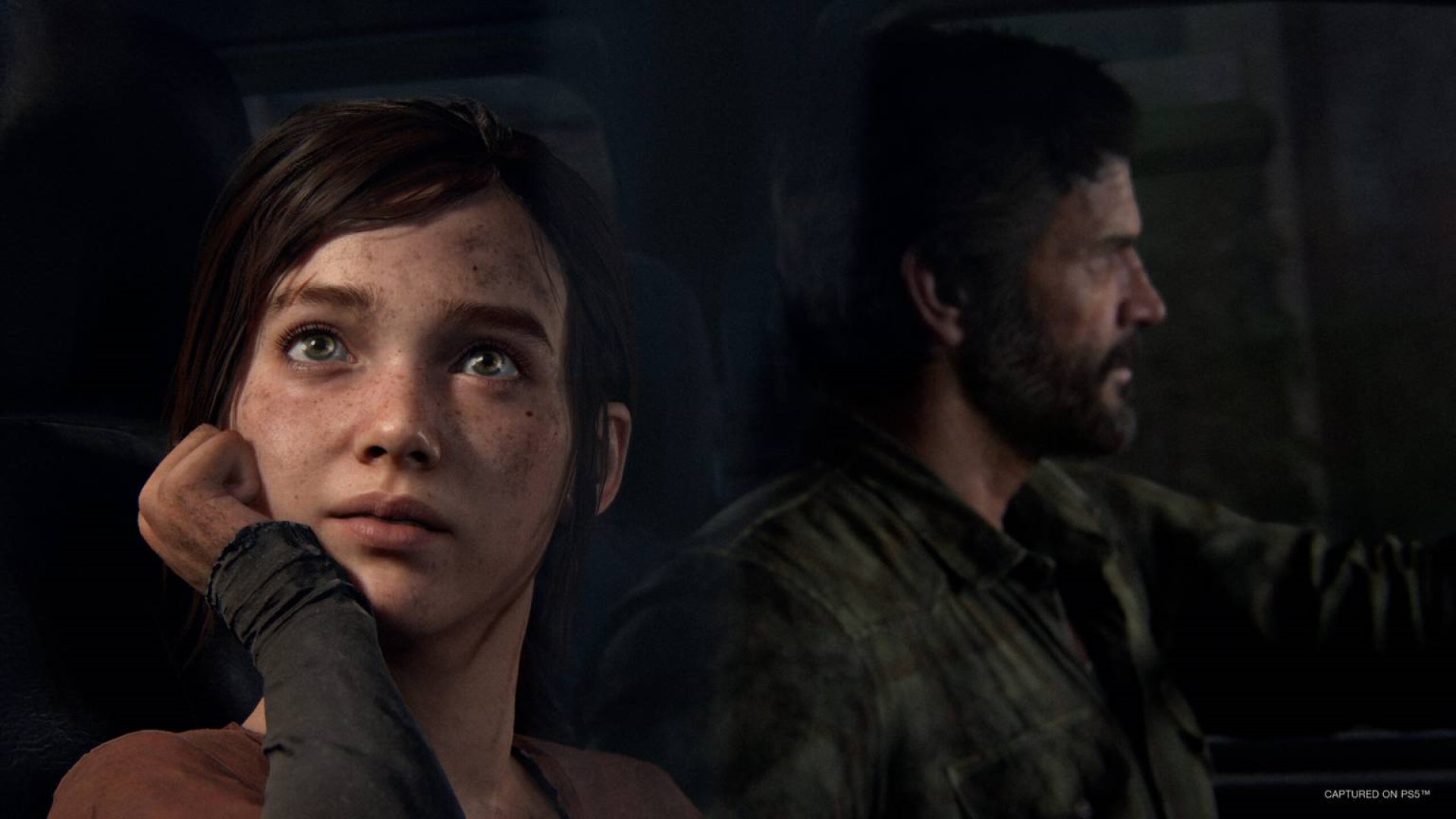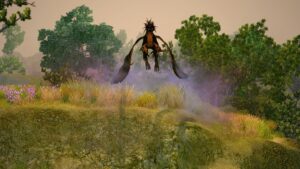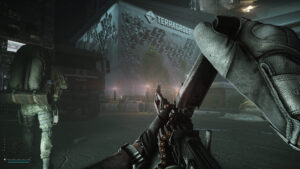
After a long history of rumors and speculation, Naughty Dog finally pulled the veil on a shiny new remake of its 2013 masterpiece, The Last of Us – now rightfully dubbed The Last of Us Part 1. Naughty Dog are undisputed masters of Sony hardware, and the developer has continually provided the best visual fidelity within the constraints of the hardware time and time again. The Last of Us was easily one of the – if not the best looking game – at its time of release, and suffice to say – the game still looks great even by modern standards.
Scheduled to release sometime during September 2022, The Last of Us Part 1 seems to be a significant upgrade over the original in terms of graphical details and other quality-of-life features at first glance. That said, some fans have also rightfully questioned the very existence of this remake as well since the game is still perfectly playable (if a bit aged) thanks to the PS4 remaster that was released in 2014. Either way, here’s a graphics comparison between the two versions of The Last of Us.
Please note that this is a preliminary graphics comparison, since we don’t have much to go off of when it comes to The Last of Us Part 1’s footage. With that out of the way, let’s begin.

Let’s get the most obvious one out of the way first – and that’s asset quality. The Last of Us on the PS3 used the same tricks and techniques such as self-shadowing textures to make its low-quality assets more pleasing for the eyes. If taken at a face value – the original version still holds up today and one can still make out most details within textures and assets, although it does fall short of modern graphical standards. For the remake, it seems that Naughty Dog has completely remade all of its assets from the ground up – and it looks absolutely amazing. The architecture of buildings and the make-up of environments have been changed up a bit here and there, and trees and foliage stand out more than the original. But for the most part, it’s an identical recreation of the 2013 original with souped-up textures and materials.
As many might have already noticed, the remake seems to be using a darker colour palette than the original. While the colours themselves are mostly unchanged, the environment seems a lot darker and misty than the original. This is most visible in the shot where Ellie is crossing the two buildings through a wooden plank. Notice how the background in the remake is covered with a thick fog, while the original has all the buildings clearly visible. We can also see a similar effect in the University shot as well, which is much brighter in the original version. Of course, that’s just an artistic choice and not one that is indicative of any graphical upgrades or downgrades. We suspect this choice is made to have a consistent visual theme and color palettes across The Last of Us Part 1 and The Last of Us Part 2.
Then there are the characters, which were obviously the stars of the show – both in a narrative and graphical sense. Naughty Dog pumped a huge amount of detail in the look of the characters – from the realistic facial hair of Joel to how the subtle movements of their bodies to even the way their eyeballs move around in cinematics. For the remake, we see that these have been upgraded to even higher levels of fidelity. Notice how Joel’s wrinkles are more clearly visible in the remake when compared to the original. The facial meshes and eyebrows all react realistically as the characters speak. The character models have also been updated to retain continuity with The Last of Us Part 2. And while Tess doesn’t make an appearance in The Last of Us Part 2, her facial model has also been updated with what’s an arguably markedly more mature and older look.
This leads us nicely to the character animation side of things. Facial animations, as mentioned before, have seen a bump in both quality and complexity – although it’s not confirmed whether Naughty Dog actually went ahead and redid all the motion capture this time around. While it’s speculation on our end, it doesn’t seem that any new motion capture work has been done for the remake. Instead, it seems that Naughty Dog was able to extract more details while rigging the previously recorded captures to the engine – thanks to both its updated in-house engine as well as the exponentially more powerful target hardware. As a result, while the facial animations show more depth than the original- the cinematics and body movements seem to be a one-to-one replica of the original and play at the same speed as the original -as can be deduced by playing both versions of these cinematics side-to-side.

What we have discussed so far leads us to believe that The Last of Us Part 1 is actually using the version of the Naughty Dog engine that we saw in The Last of Us Part 2. Not a surprising revelation, I know – but it is rather interesting when you think about it. We couldn’t find any notable upgrades in texture quality, signs of ray-tracing, or anything that could differentiate it from the version Naughty Dog used in its latest. Hell, even the post-processing pipeline looks identical – with the developer’s signature implementation of TAA without supersampling to retain a sharp image seemingly present in the remake as well. It needs to be noted that this is all judgment that we are drawing from the limited information we have at the moment, so it’s advisable to take it all with a pinch of salt. But even if that turns out to be the case, it’s not that bad since The Last of Us 2 is still a looker even 2 years later.
The Last of Us Part 1 is most certainly an improvement over its original, but what we’ve seen so far has us believe that it is essentially the first game remade in The Last of Us Part 2‘s engine. Developer Naughty Dog has promised that it will be making use of PS5-specific features like DualSense for this remake, but we haven’t seen it in action. Will it have the Motion Matching tech that enabled fluid animations that all blended into one another which we saw in The Last of Us Part 2? What exactly will the new accessibility features be? And how will the game be updated to foreshadow the events of the sequel?
These are all questions that are burning in our minds, and I think these are the questions that Naughty Dog should focus on with the remake. As for the technical side of things, Naughty Dog may not have innovated upon its in-house engine substantially since its 2020 release – but it’s still leaps and bounds ahead of many modern games and perfectly serviceable for an early ninth-gen release. Whether these improvements are worth the $70 price tag is another question for another day.















